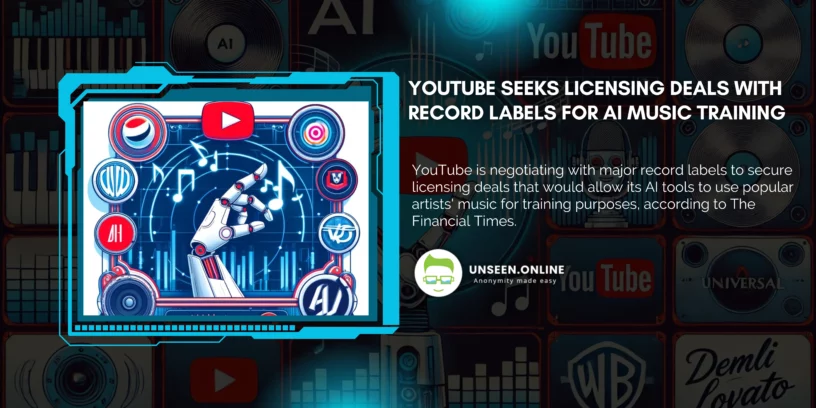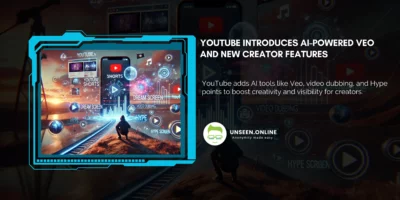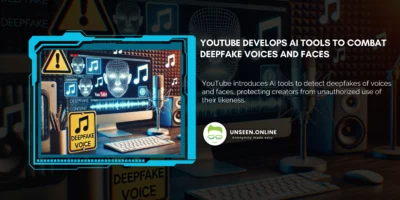YouTube is negotiating with major record labels to secure licensing deals that would allow its AI tools to use popular artists’ music for training purposes, according to The Financial Times.
The platform, owned by Google, aims to launch new music-generation tools later this year and proposes a one-time licensing fee to major labels such as Sony, Warner, and Universal. Unlike traditional music-streaming services, which pay per-use royalties, YouTube’s fee would apply to select artists rather than an entire catalog.
Last year, YouTube began testing Dream Track, a tool that enabled creators to generate 30-second audio clips in the style of artists like Charli XCX, Demi Lovato, and John Legend by using text prompts or humming a tune. However, YouTube has indicated that it does not plan to expand Dream Track but is discussing other experimental projects with record labels.
The participation of artists in these new projects is a crucial factor, but it may be challenging to secure. Earlier this year, over 200 artists signed an open letter criticizing irresponsible AI music practices as an “assault on human creativity.”
In a related development, the Record Industry Association of America (RIAA) recently sued AI music generation companies Suno and Udio for massive unlicensed copying of sound recordings, seeking $150,000 per infringing song. YouTube’s licensing strategy appears aimed at avoiding similar legal issues.







